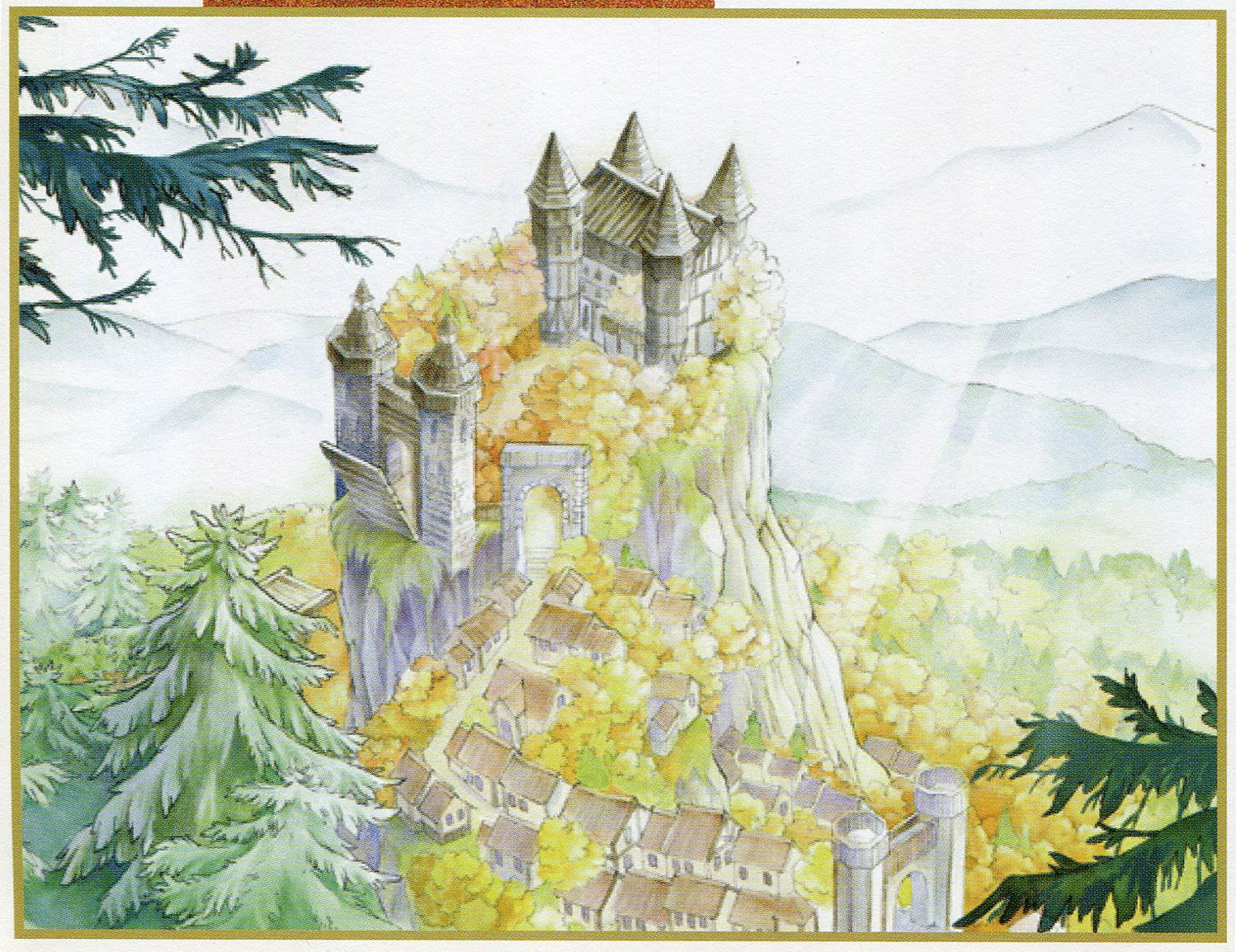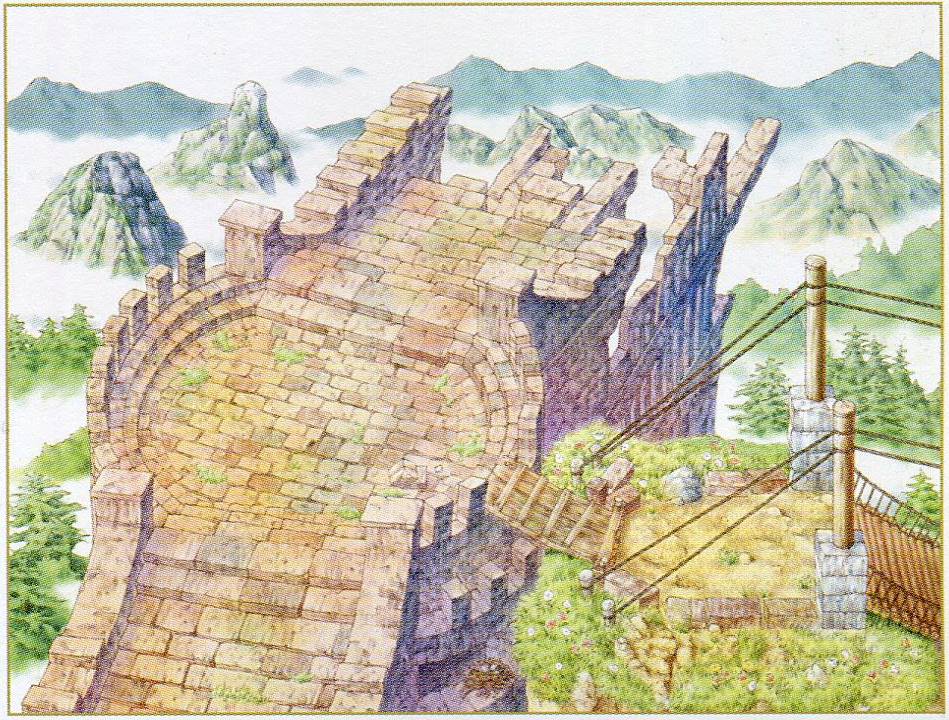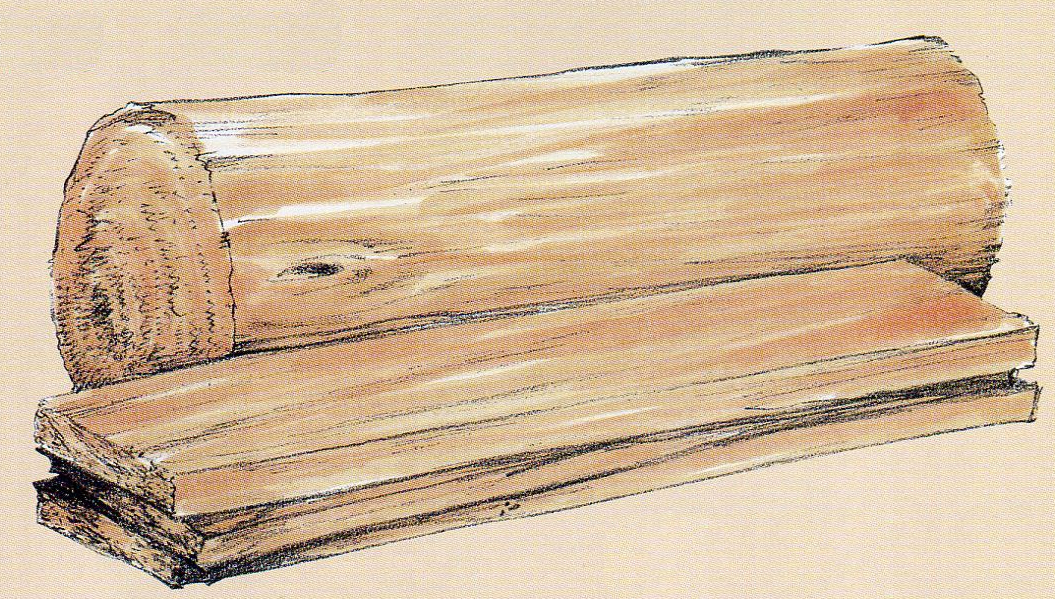Laubholz
[ Added 01/11/23 ]
An ancient city surrounded by history and forest
- ・Population: 34,800
- ・Climate: Temperate
- ・Current Ruler: Duke Erich of Laubholz
- ・Other Notes: Capital of the Duchy of Laubholz
[ Added 01/11/23 ]
The city of Laubholz is surrounded by forests so beautiful that they stir the hearts of visiting travellers.
Laubholz has been ruled by many successive generations of wise Dukes loved by lords and commoners alike. Erich, the current Duke of Laubholz, carries on the legacy as a sagacious ruler who earned the trust of the people.
The city takes pride in its roots dating back nearly 2000 years, making it the oldest in Sandail. Spells were discovered in Weissland around that time, so the exact origins of the city have long been disputed. According to one theory, an ancient kingdom in Grand Valley wanted to venture south seeking Spells from Weissland and established a base camp which eventually became Laubholz. Another theory suggests the opposite, in that the ancient people of Weissland who had obtained the power of Quells were able to advance northward. It seems this will be a controversial topic among the residents of Laubholz for ages to come. By the way, it is believed that the Dukes of Laubholz are descended from an offshoot of the Hahn Emperor’s bloodline.
Laubholz architecture features wooden houses such as these, whereas other regions commonly have houses of stone.
Though the city of Laubholz enjoys a temperate climate, it is located in a frigid zone. Because of this, the southern part of the city close to Weissland experiences heavy snowfall and broad-leafed trees coexist alongside conifers in the surrounding forest. Life in the city is relatively comfortable, but the high altitude makes winters harsh.
This emblem is the symbol for the Duchy of Laubholz. The central motif represents arms, but can also represent a saint. Arms symbolize power and the saint represents believers and protectors of Spell Arts. In other words, the Duke and the citizens of Laubholz wish to be the protectors of Spells. Stylized leaves surround the escutcheon, which of course represents the forest. The star shape at the bottom is thought to be a medal gifted by the Hahn Emperor.

As mentioned above, Laubholz has had a long standing relationship with Weissland, which it borders to the south. Ever since their discovery in Weissland, Spells have been passed down through countless generations. The people of Laubholz are descended from those who used Spells in the earliest days. For this reason, the Spell aptitude of the population here is very high and the Ungifted are virturally nonexistent.
Because of the historical connection, the exchange of Spell Arts with Weissland continues to the present day. The citizens of Laubholz respect the people of Weissland and maintain good relations, as that is the birthplace of Spells. The Weissland population is extremely small, such that they do not have the capability to dedicate themselves solely to Spell research, so they receive assistance from Laubholz.
Laubholz has a strong connection with Weissland to the south, but barely has contact with other countries. Naturally, this is because passage to the north is hindered by Grand Valley and then the Great Forest beyond that. The stone bridges that were built during the Hahn Empire are still functional, but bandits (?) have set up checkpoints along the bridge and charge outrageous tolls.
Then, what of trade by sea? Unfortunately for the people of Laubholz, the waters are rough and make all nautical ventures extremely risky. Many small islands surround the area, creating a complex network of tidal currents. On top of that, strong winds blow from Weissland all year round, making navigation even more difficult. The city itself is located in the mountains, so it has very little connection with the sea regardless.

As mentioned earlier, the toll to cross the stone bridges at Grand Valley is prohibitively expensive, but no small number of merchants are willing to pay for passage to Laubholz since timber from the nearby forest is excellent for crafting Tools. Most merchants come from the City of Night, but some hail from faraway Vogelang on the Southern Continent. Laubholz may be isolated because of its geographical location, but its citizens are still able to enjoy goods brought from other countries.
